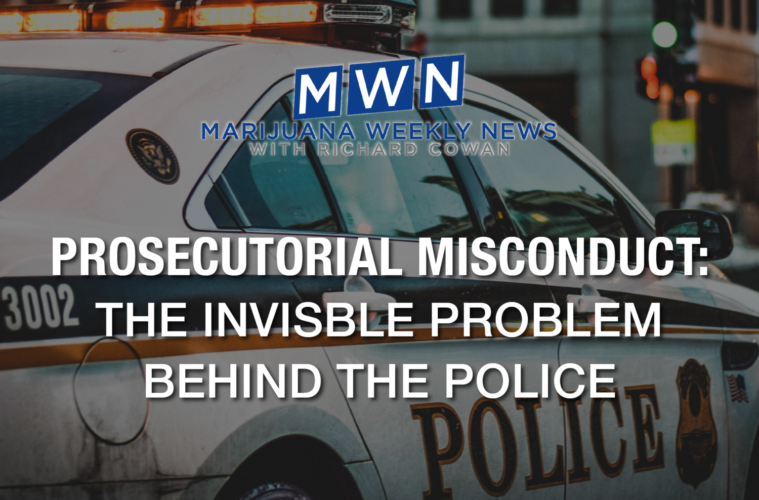While I understand the pain behind the calls to “Abolish the Police,” I think that they are “simplistic” and even counterproductive. Police misconduct is really just the visible part of the problem. We have overloaded the police with problems that would be better handled by trained social workers. We have given them impossible tasks, notably the Drug War, and especially marijuana prohibition, and we have hired people who clearly should not be trusted with the power of life and death.
In the African American community, one major complaint about unjustified violence in law enforcement is the lack of prosecution even in cases where their actions seem especially egregious. And when there is a prosecution, it seems almost impossible to find a conviction. Nonetheless, in these cases the local jurisdictions end up paying huge sums in damages to the victims or their families. So who’s in charge here?
Although in the hierarchy of law enforcement the police chief or sheriff is nominally in control, it is really the district attorney and the state or federal attorneys general who have the ultimate power over actual policing. (Judges may sometimes assert their authority, but only in the most extreme cases.)
And yet, this is something we almost never hear about, even in the midst of the current crisis in law enforcement.
Consider this report in The Appeal, an editorially independent project of The Justice Collaborative. It is a fiscally sponsored project of Tides Advocacy:
“One study found that in California, from 1997 to 2009, there were 707 instances where a judge found that a prosecutor committed misconduct. Only six of those — less than 1 percent — resulted in a public sanction by the state bar. And even that number significantly underrepresents the problem: Most instances of prosecutorial misconduct do not result in a judicial finding in the first place, because the misconduct either goes undiscovered or is not taken seriously by the courts.
“Other states are no better than ours. In Massachusetts, as of April 2016, only two prosecutors had been publicly disciplined since 1980, despite at least 142 instances over that same period where a judge reversed a guilty verdict or dismissed charges based on a prosecutor’s misconduct. In contrast, over 1,400 non-prosecutors have been disciplined in Massachusetts over roughly the last 15 years. And in Louisiana, the first professional sanction against a prosecutor didn’t occur until 2005.”
The flip side of convicting the innocent would be illegally protecting police who have been rightly charged in a crime. I understand that prosecutors may be sympathetic to the police who are often in very difficult situations, and that prosecutors want the goodwill of the police, but the public interest in justice is paramount. We are all the victims when prosecutorial misconduct undermines justice.
The Innocence Project has an astonishing record of freeing people wrongly convicted, often as the result of prosecutorial misconduct or simple incompetence in cases involving police misconduct.
It doesn’t make as good a slogan as “Abolishing the Police,” but we must completely reform the criminal justice system from the top to the bottom, starting with the current U.S. Attorney General, Bill Barr. Next year, we will have the rare opportunity to confront this massive institutional malfeasance.
Richard Cowan is a syndicated author of the Marijuana Weekly News column and the co-founder of Real Tested CBD Reviews.
Advertising disclosure: We may receive compensation for some of the links in our stories. Thank you for supporting LA Weekly and our advertisers.

